JUST WHEN YOU THOUGHT YOU HAD POSITIVE STOCKHOLDERS’ EQUITY
By Mitchell Kopelman, CPA Partner, Habif, Arogeti & Wynne, LLP
“When the accountants changed their minds again”
Your company may have raised equity in the form of Preferred Stock or Common Stock over the past few years. If so, FASB No. 150 may impact your company’s financial statements and how you report and reflect the amounts you raised on your company Balance Sheet.
Preferred Stock is most commonly reported in the equity section of a company’s financial statements. This seems obvious since the company raised capital. However, this stock may be redeemable at some future point, which also gives it liability characteristics. As a result, some companies have reported these amounts on a “Mezzanine” section of the financial statements, located between Liabilities and Equity.
Under FASB No. 150, generally three types of financial instruments must now be reported as liabilities on a company’s financial statement. Many preferred stock and some common stock transactions can fall into one of these three categories:
• Mandatorily redeemable financial instruments, such as those that embody an unconditional obligation requiring the issuer to redeem those shares by transferring assets at a specified or determinable dates, such as when an event occurs.
• Obligations to Repurchase the Issuer’s Equity Shares by Transferring Assets, such as a financial instrument that, at inception, embodies an obligation to repurchase the issuer’s equity shares. These are generally settled by cash or other shares of equity.
• Certain Obligations to Issue a Variable Number of Shares – an unconditional obligation to settle a financial instrument by issuing a variable number of equity shares or other variable monetary value. Sometimes these amounts are fixed at inception, but increase over time based on other events, company performance, return rates, or some other index or measurement.
Each financial instrument must be evaluated separately. For instance, you might have: 1) a put option on equity shares, 2) a purchased call option on equity shares, or 3) just outstanding shares of stock. In this case, the put option would be reflected as a liability and the other two items would not, since they do not embody an obligation to be redeemed.
These new accounting provisions will create several additional sets of analysis if you want to determine how a transaction should be structured or whether you will end up with a liability or an equity instrument disclosed on your company financial statements. As if investment negotiations weren’t difficult enough, these changes bring one more area of concern.
Considerations with change coming:
You may be a member of the management team, the lender, or the venture capitalist. Depending on which side of the table you sit, you may have a variety of considerations that will impact your financial relationship with the company and each other.
Some of the issues needing review and modification might include:
• Your company line of credit, which may require a minimum Stockholders’ Equity amount, perhaps a positive amount. You might have $10 million that suddenly becomes debt instead of equity. Now you’ve gone negative and violated a loan covenant.
• Other lender covenants that could easily be impacted include liquidity ratios, current ratios, and debt to equity ratios.
• Avoid the trap of violating a loan covenant due to a change in these accounting rules. Loan covenant agreements normally do not include provisions to address changes in accounting. You may want to modify the covenant before this accounting rule change places your loan into default.
• What about Shareholder Agreements?
• Many shareholder agreements have covenants limiting the amount of debt a company can have or other financial ratios. Consider if these accounting changes can cause a violation of a shareholder agreement; you may need to have these agreements modified as well.
Timetable for implementation:
Initially, all companies would have been required to implement these changes in 2003. However, FASB Staff Position No. FAS 150-3, issued November 7, 2003 , determined that non-public entities’ mandatorily redeemable financial instruments are subject to the provision of this Statement for the first fiscal period beginning after December 15, 2004 .
Non-public entities should plan on implementing these changes in 2005. Early adoption is not accepted, and this statement does not apply to amounts deemed immaterial to the financial statements.
Public companies were required to make these changes for financial reporting periods beginning after June 15, 2003 .
Balance Sheet Presentation:
These ‘new’ liabilities will be described as “Shares subject to Mandatory Redemption.”
Related charges and/or accruals should be segregated in all other financial statements, such as the Statement of Cash Flows and the Statement of Income.
Footnotes Disclosures:
Although non-public companies have a deferral period for Statement No. 150 to take effect for Financial Statement Reporting, the disclosure requirements are in effect for non-public companies as well as public companies. Financial Statement Footnote disclosures should include:
• Terms of the financial instrument,
• Rights and obligations embodied in the instruments,
• Amount to be paid to settle the obligation and how it was determined,
• Considerations that trigger a settlement,
• How changes in the company’s equity shares affect those settlement amounts,
• Maximum number of shares that could be required to be issued to settle the obligation,
• Whether or not there is a redemption limitation or not.
Conclusion:
Companies, investors, and lenders will have to readjust their assessment of balance sheets of businesses in the future. The discussions about having positive Stockholders’ Equity are now being rewritten.
Current agreements will have to be analyzed to determine how they will impact your financial statements. Don’t wait too long; the change is coming.
Public company financial statements have already seen the impact, but by the time most high growth companies go public, their stock has gone through some type of conversion or redemption. Therefore, the biggest impact will likely be on smaller non-public companies that depend on creative financing instruments, whether they are preferred or common stock. But, clearly, what we all thought was equity on the balance sheet may in fact be debt next year.
If you have any questions, please feel free to contact me.
Mitchell Kopelman, CPA
Habif, Arogeti & Wynne, LLP
Mitchell.kopelman@hawcpa.com
(404) 898-8231
www.hawcpa.com

























